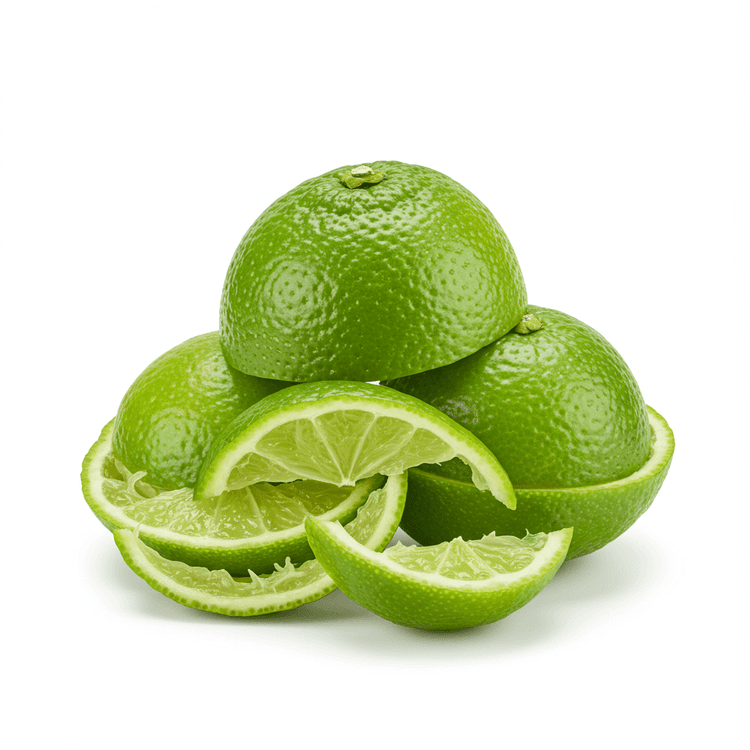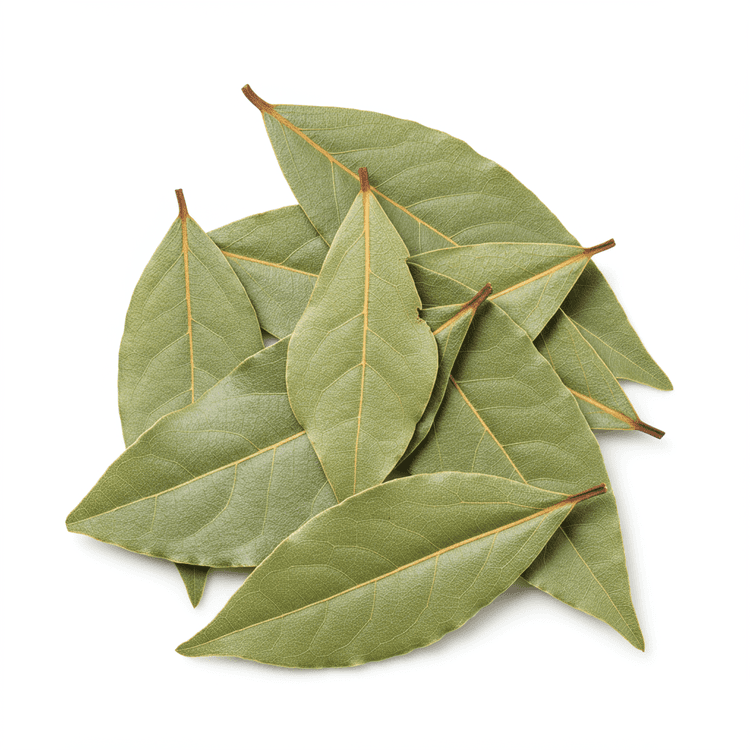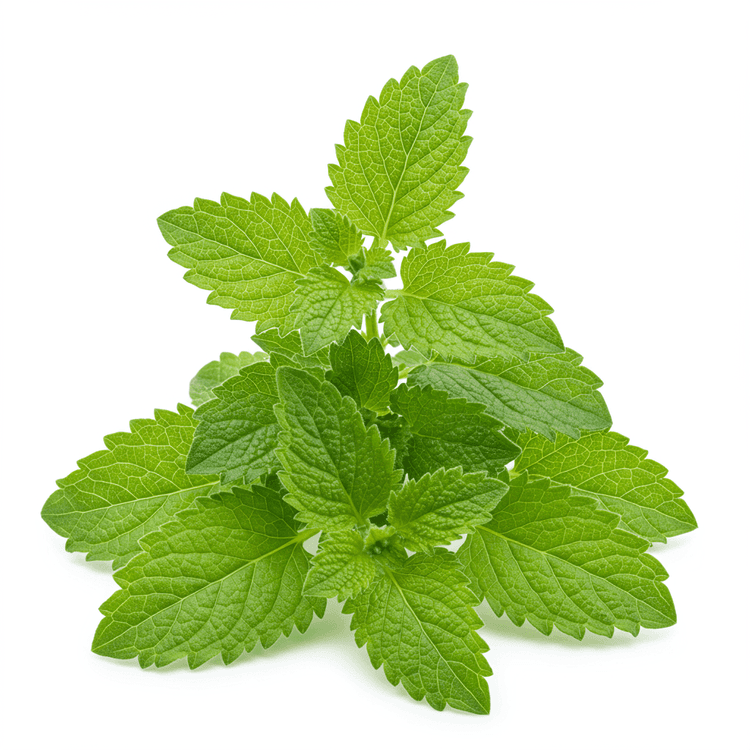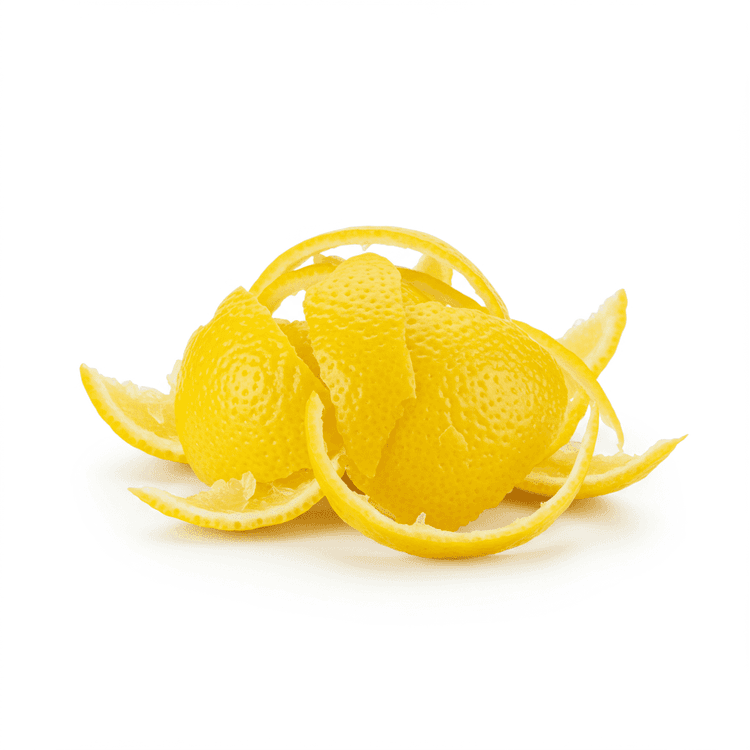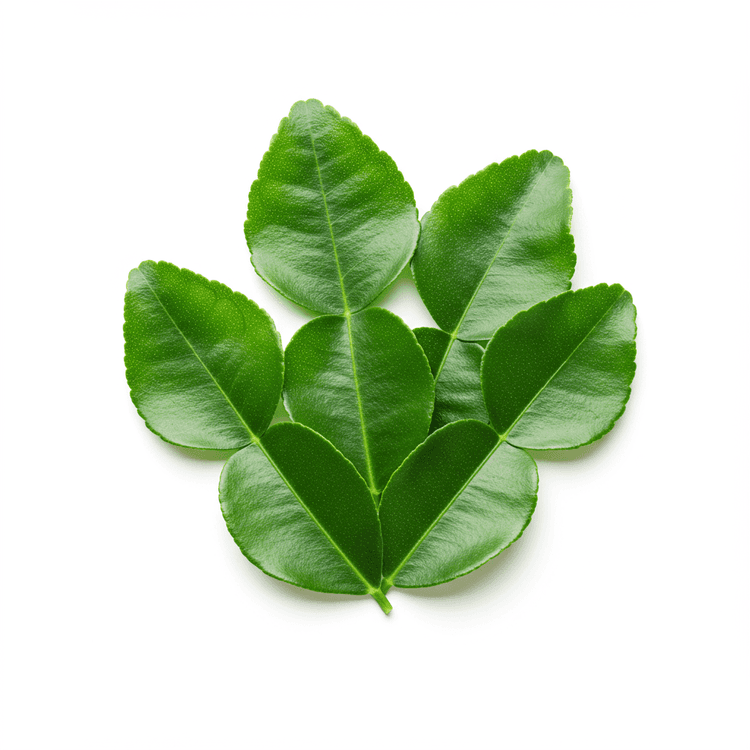
Lime Leaves
Lime leaves, also known as kaffir lime leaves, are aromatic foliage prized for their distinctive citrusy flavor and fragrance. These glossy, deep green leaves possess a smooth texture and a vibrant, refreshing scent that is more intense than the juice or zest of the lime fruit itself. The double-lobed leaves are typically small to medium in size and add a unique depth of flavor to various culinary creations. When searching for ways to enhance your dishes with bright, zesty notes, consider using fresh, dried, or frozen lime leaves to elevate your cooking experience.
Common Uses
- Lime leaves are commonly used to infuse soups and broths, imparting a fragrant citrus aroma and flavor. Try adding them to tom yum soup or other Southeast Asian-inspired broths for an authentic taste.
- Use finely sliced lime leaves to add a burst of citrus to curries, stews, and stir-fries. Their unique flavor complements coconut milk-based dishes and seafood exceptionally well.
- Infuse oils and vinegars with lime leaves to create flavorful dressings and marinades. This adds a subtle yet distinctive lime flavor to salads, grilled meats, and vegetables.
- Add whole or crushed lime leaves to rice dishes during cooking to infuse the grains with their refreshing fragrance. This is a great way to elevate plain rice and add a touch of sophistication.
- Steep lime leaves in hot water to create a soothing and aromatic tea. This fragrant beverage can be enjoyed hot or cold and offers a refreshing alternative to traditional teas.
- Use lime leaves to enhance the flavor of desserts, such as custards, ice cream, and sorbet. Their citrusy notes provide a refreshing contrast to sweet flavors.
Health Benefits
- Rich in antioxidants to help protect cells from damage.
- Supports healthy digestion with its aromatic compounds.
- May boost the immune system due to its vitamin C content.
- Anti-inflammatory properties may help reduce inflammation in the body.
- Potential for stress reduction with its calming aroma.
Substitutes
Chefadora AI is here.
Experience smarter, stress-free cooking.
Storage Tips
Lime leaves are best stored in an airtight container in the refrigerator. For longer storage, consider freezing them. Place leaves in a freezer bag, removing as much air as possible, and store in the freezer. Frozen lime leaves may lose some of their potency, but they will still add flavor to dishes. Dried lime leaves should be kept in an airtight container away from direct sunlight and heat.
Marnirni-apinthi Building, Lot Fourteen,
North Terrace, Adelaide, South Australia, 5000
Australia
